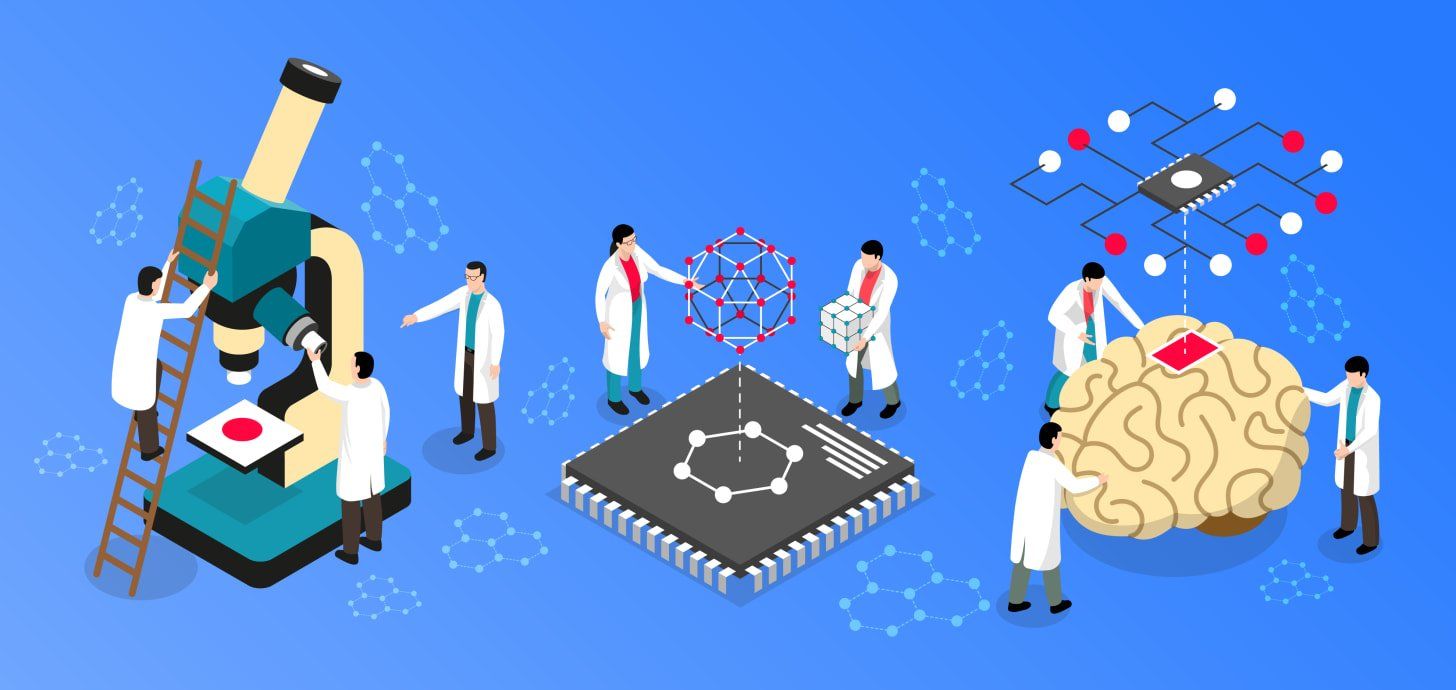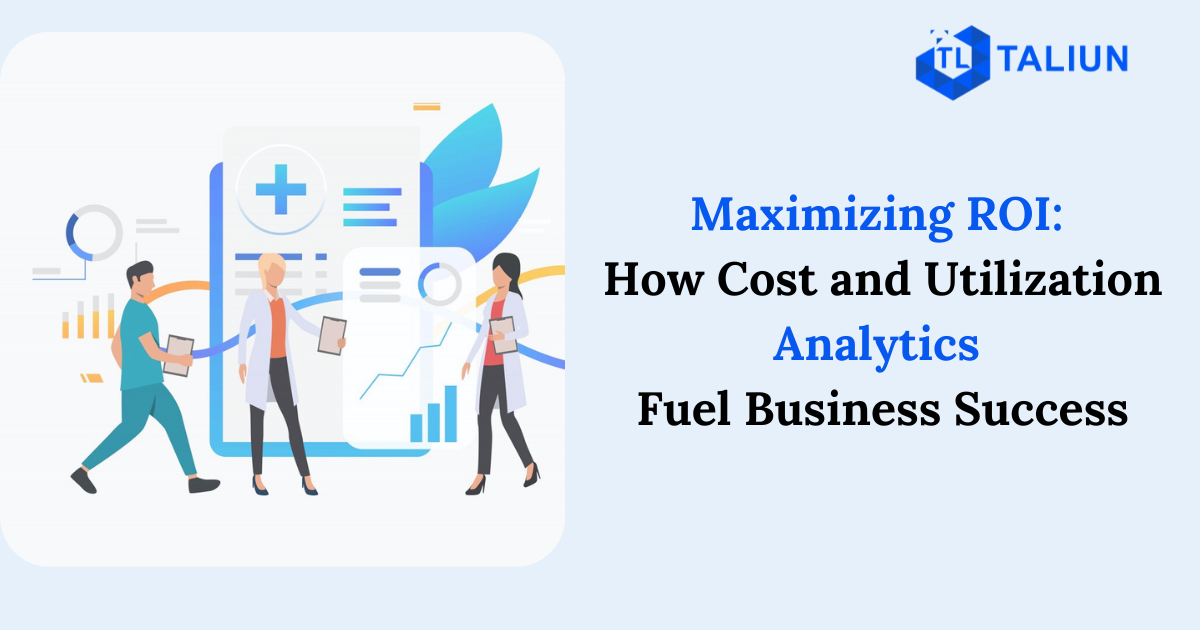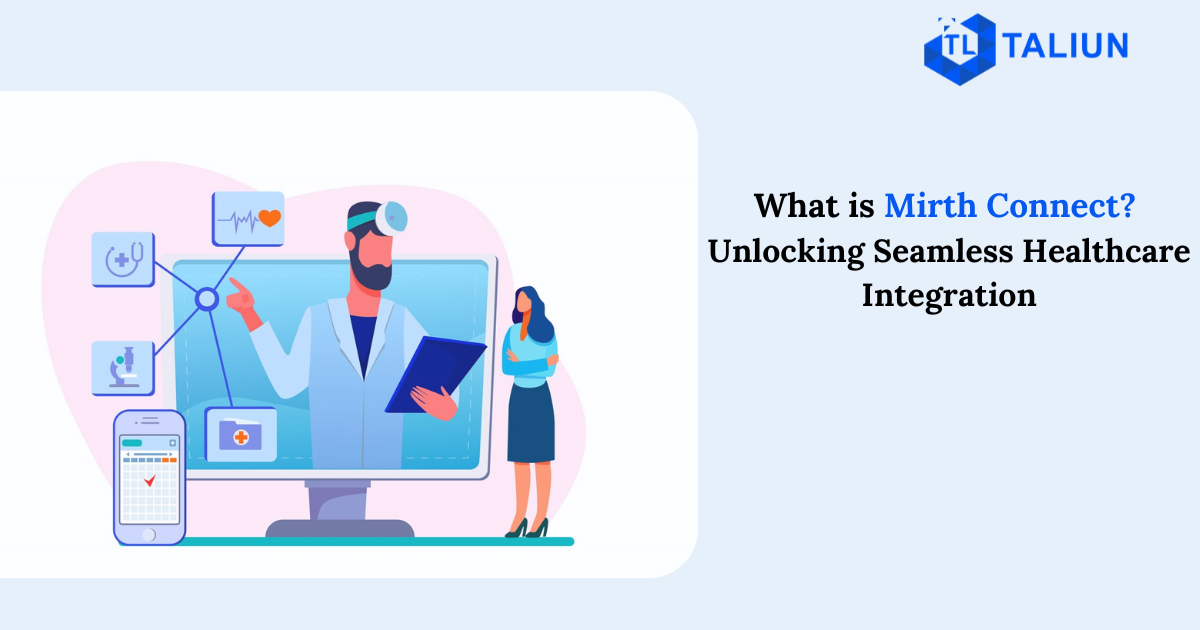Digital Health Innovation for Revenue Cycle Transformation?

Howdy!
I am back with a new topic which is around how digital health innovations are continuously leveraged by providers and payers for revenue cycle transformations.
Initiatives around Provider Networks:
Traditionally, digital health transformation initiatives from a provider standpoint have been targeted towards the focus on increasing the revenue, while improving the quality, safety, efficiency, and reducing health disparities by providing a better outcome.
There are number of automation initiatives that has evolved over the years, like
- Digitization of healthcare data via EHRs as a part of Meaningful Use initiatives (2009 to 2015 and beyond)
- Capabilities like electronic prescribing (popularly known as eRx initiatives)
- Facilitating improvements of overall care coordination by streamlining collaborations between different clinical staffs across different units like inpatient units, labs, emergency care, pharmacies, surgical rooms
- Leveraging the health data captured from the progress notes, historical records, discharge summaries, bedside devices for clinical decision making at point of care
- Automating some of the actions taken by revenue cycle staff
- Improvements on operational efficiencies by means of streamlining front end and back office tasks like
- Scheduling an appointment or checking insurance eligibility verification
- Automated coding using ICD and procedural codes
- Creation and submission of claim files using EDIs
- Automated payments handling and management of denial workflows
- Sharing of data across different provider systems like EHRs to Labs, Radiology departments, Pharmacies
- While patient volume and fees are crucial components for safeguarding revenue, clearance from the insurance provider is equally important for ensuring no leakages in revenue from a provider standpoint.
Initiatives Around Payers:
When it comes to payers, there is a high likelihood that more digital transformation initiatives will be seen around either optimizing the existing operational spends or innovations across the payer landscape. Lot of transformation initiatives are now happening towards –
- Transforming legacy applications with more robust big data infrastructure hosted on cloud for more real time and robust analytics
- Automating the denial management programs by bringing intelligence towards building deeper claim insights and more accurate reasonings for handling denials
- Automating the CRM landscapes to provide a better buying experience for consumer onboarding
- Bringing deeper analytics on claims and plan data
- Strong collaborations with PBM networks
- Administrative simplifications by implementing more robust benefit administration solutions
- Telehealth reimbursements will continue to see more integrated approaches for ensuring preventive health
- Leveraging AI for fraud analytics to stop revenue leakages
Some observations -
Hospitals are receiving more claim denials from payers, with the average rate increasing by 23 percent in 2020 compared to four years ago, according to a recent analysis.
Adios!
Team HealthViva






